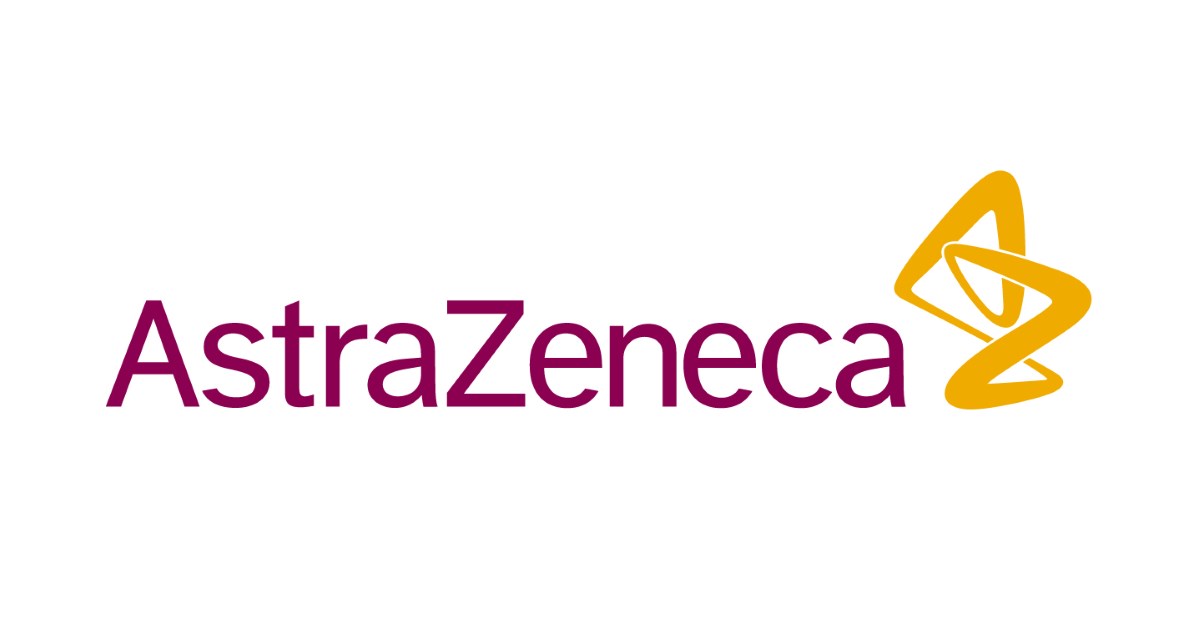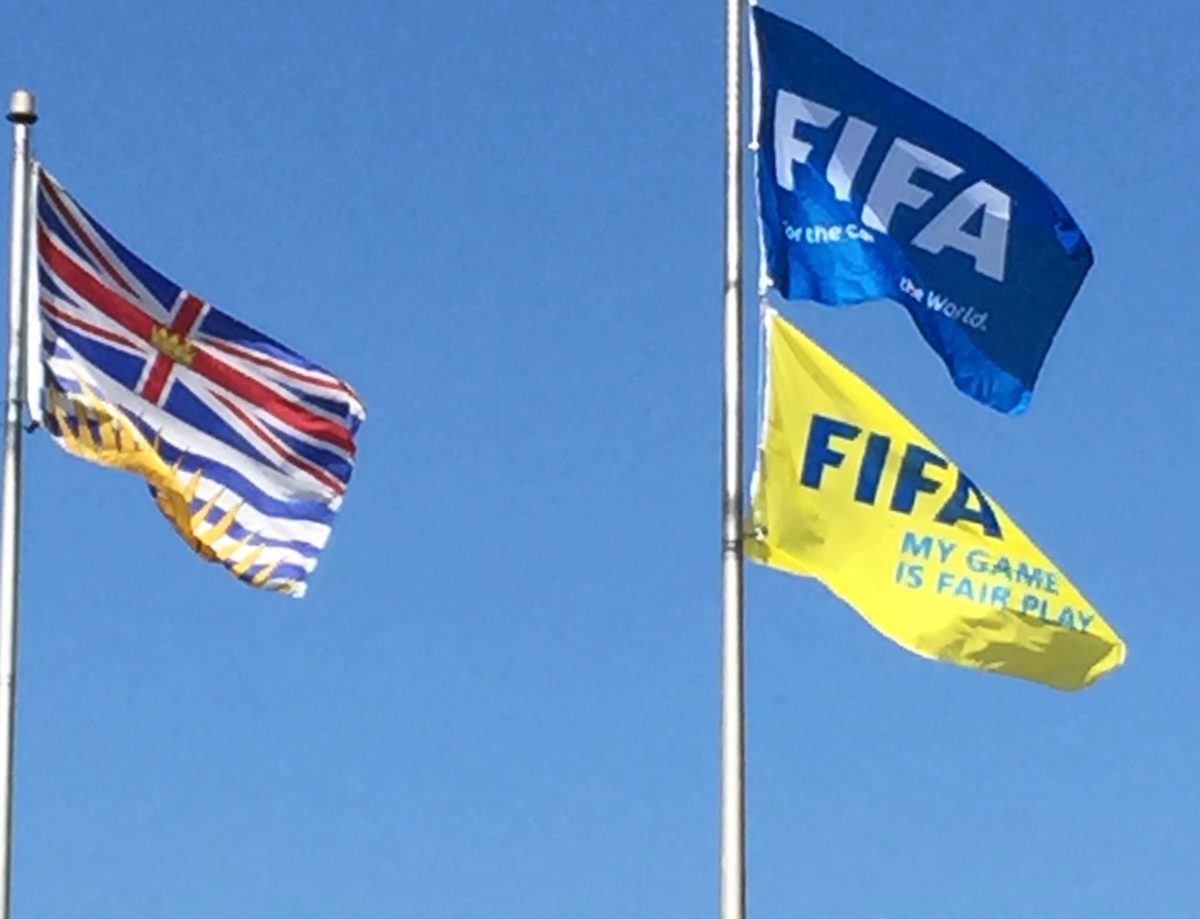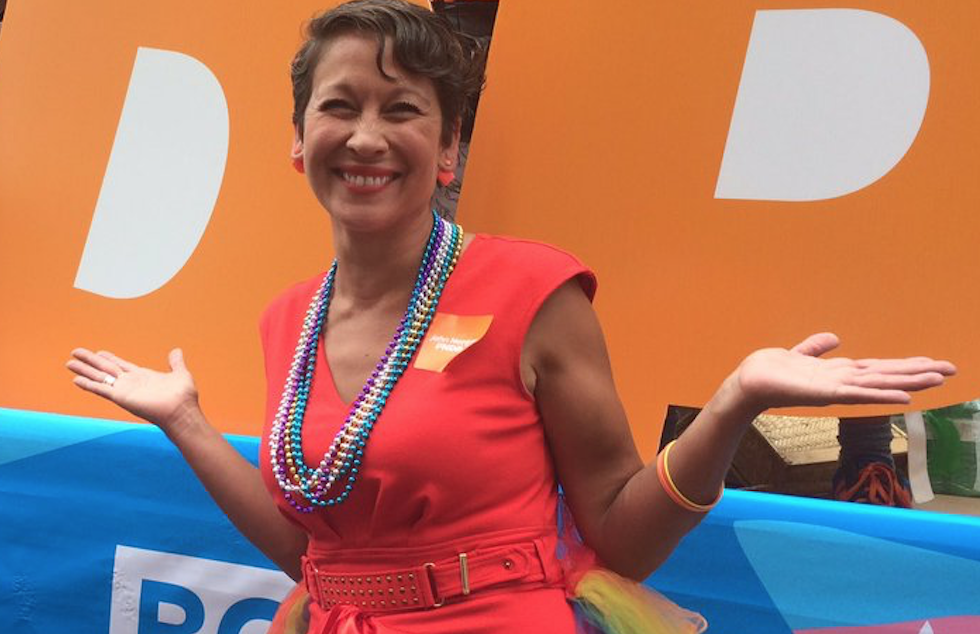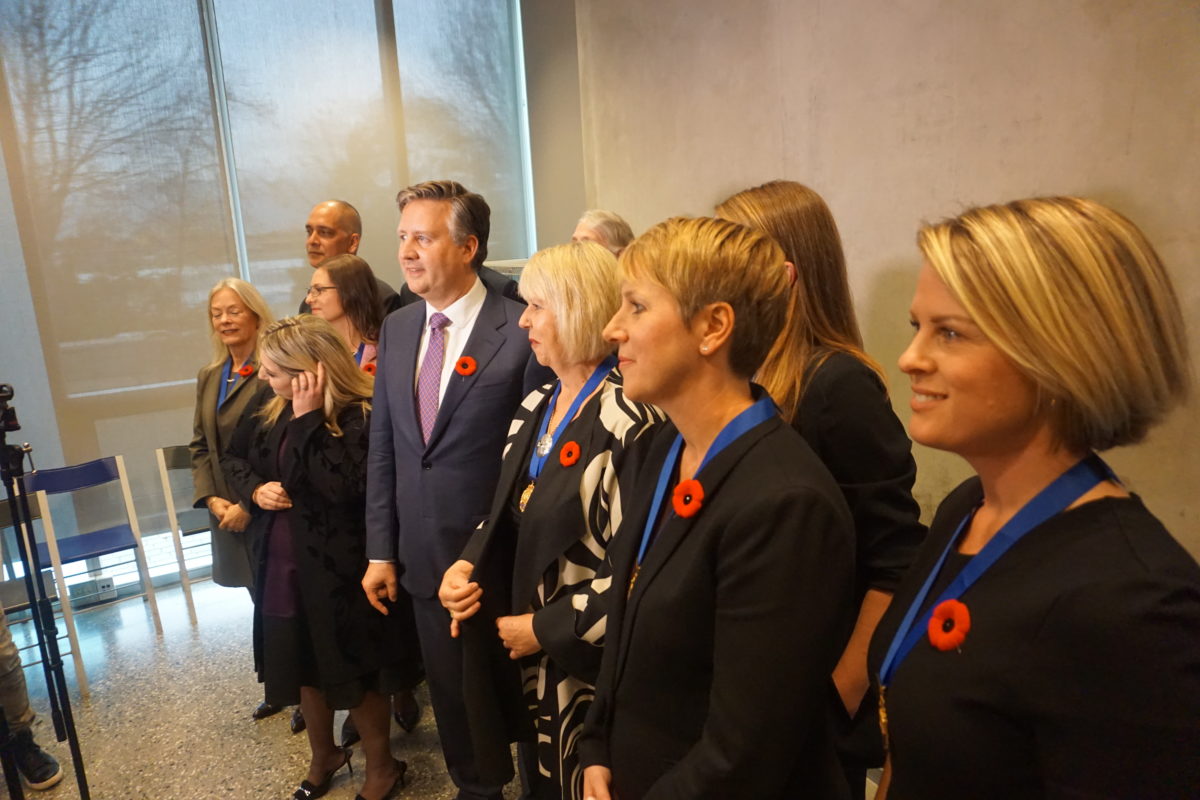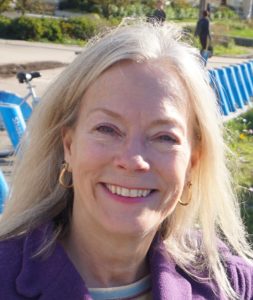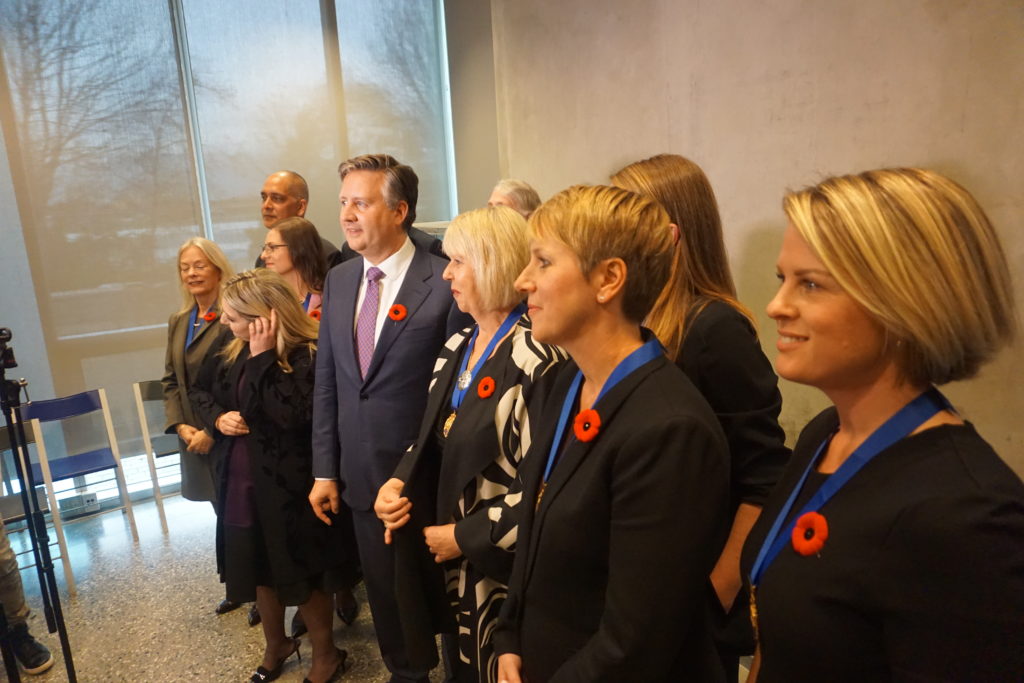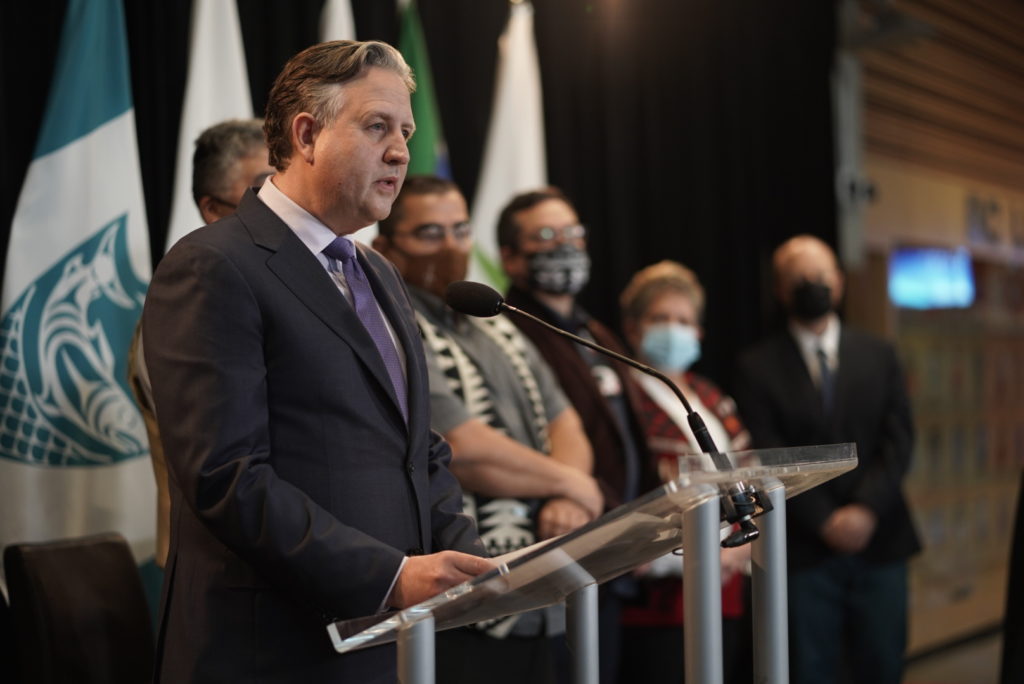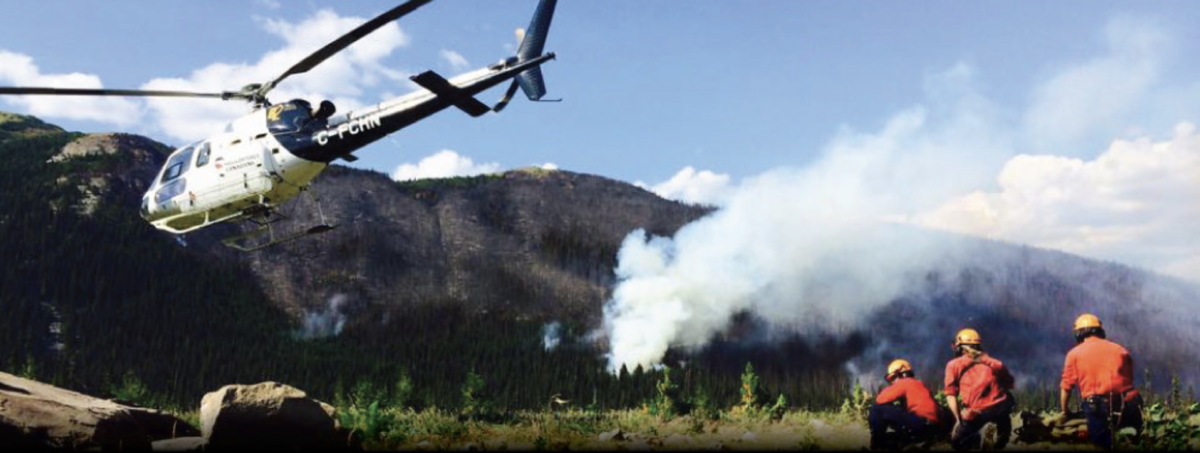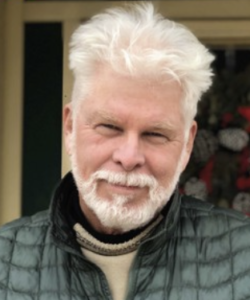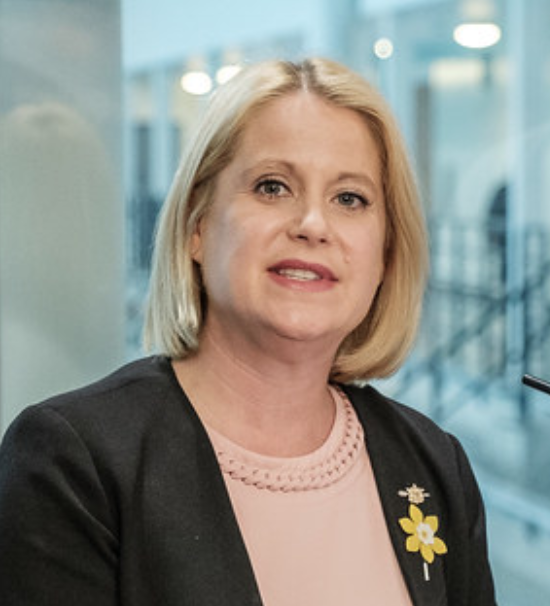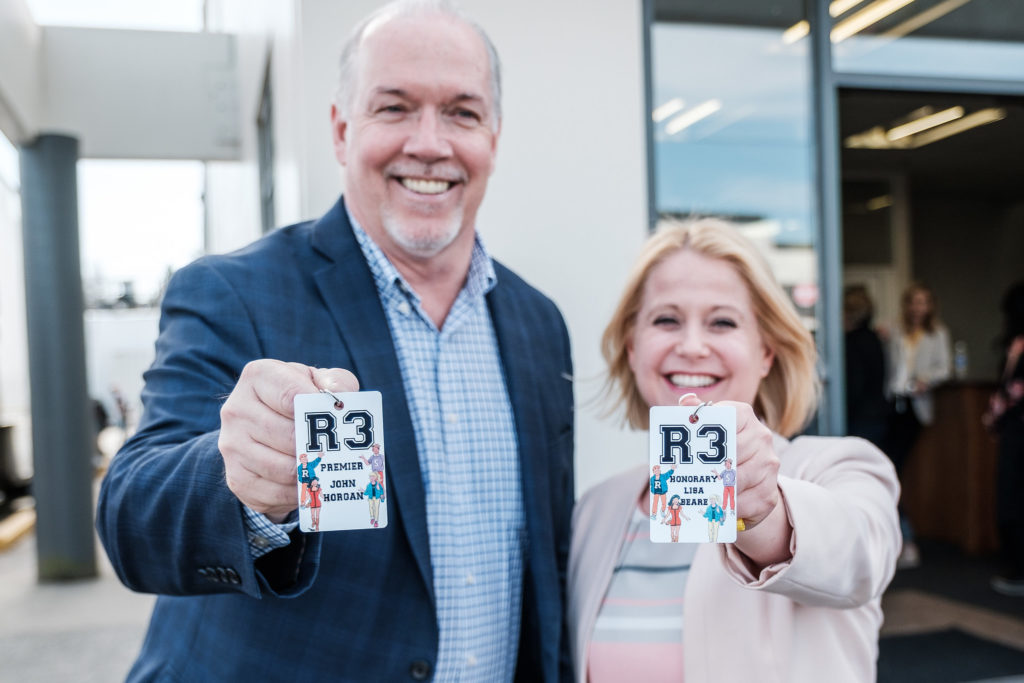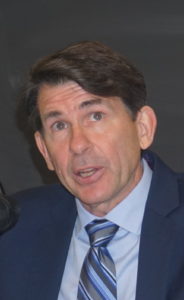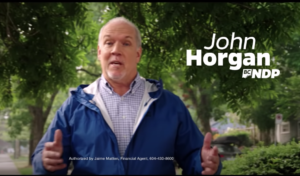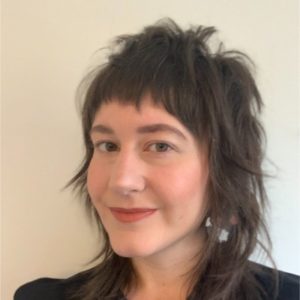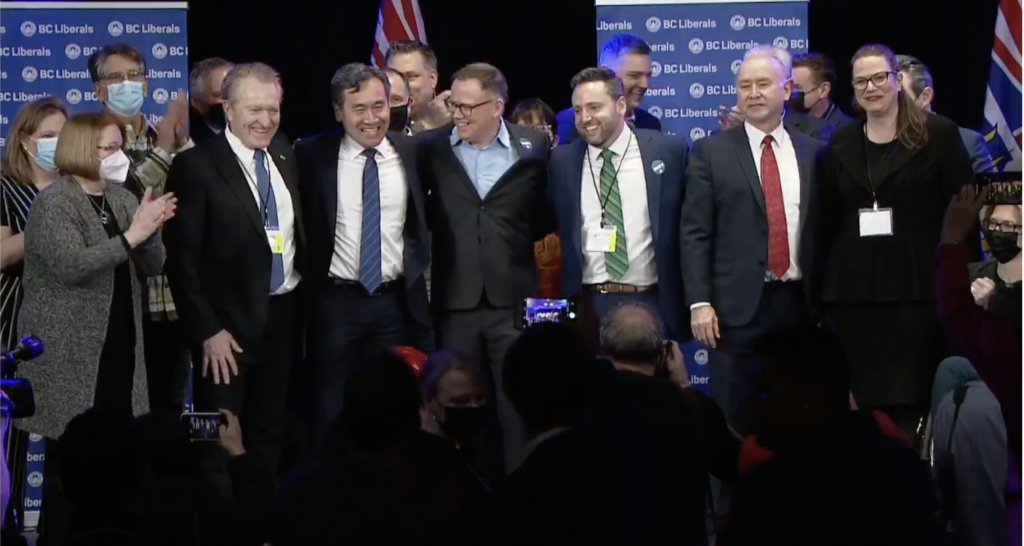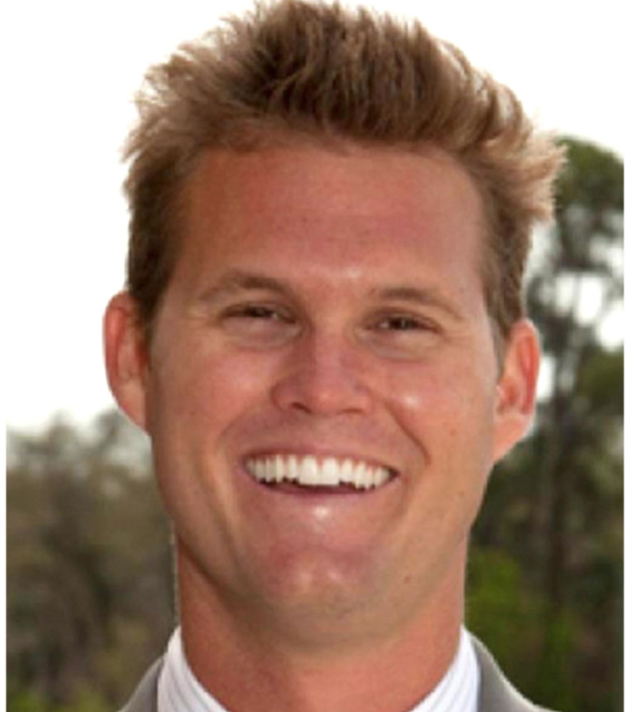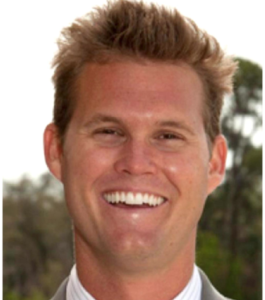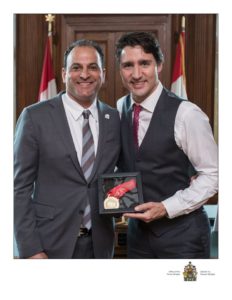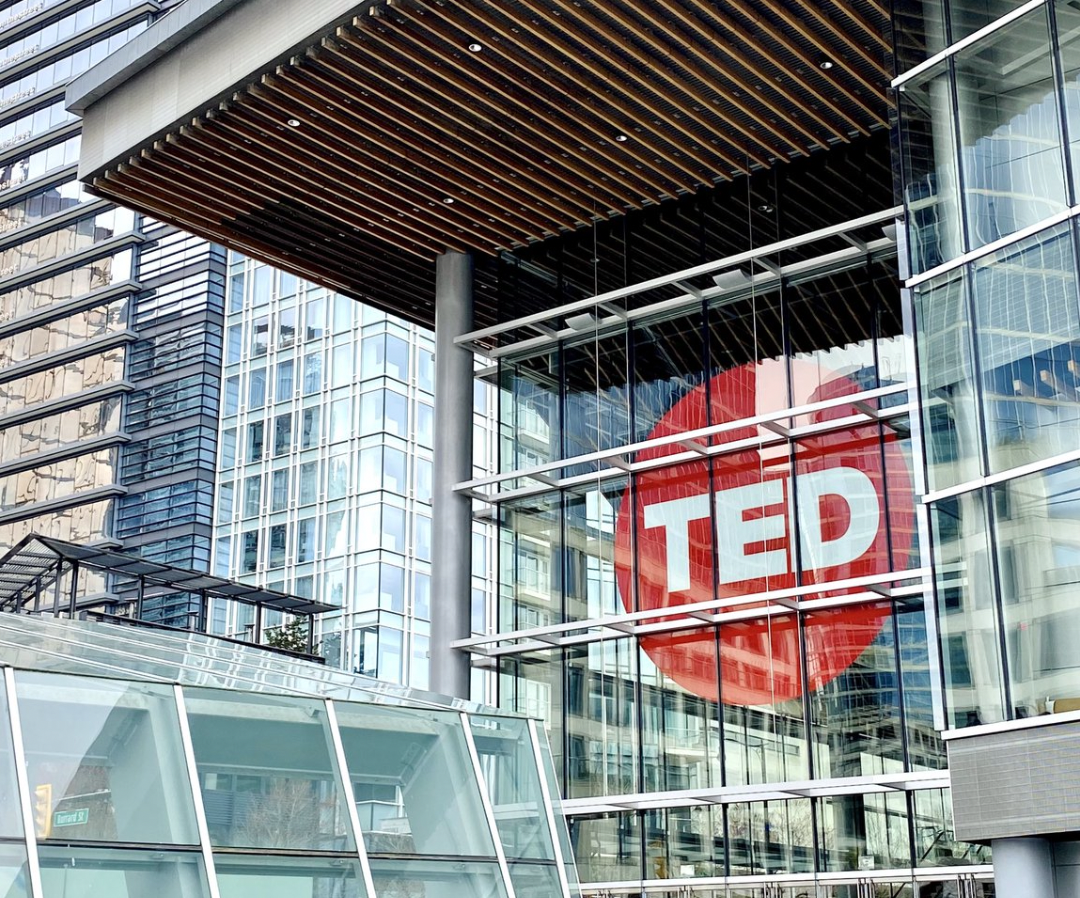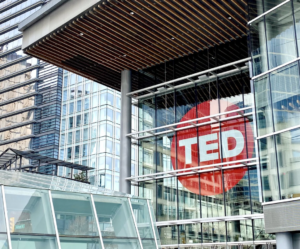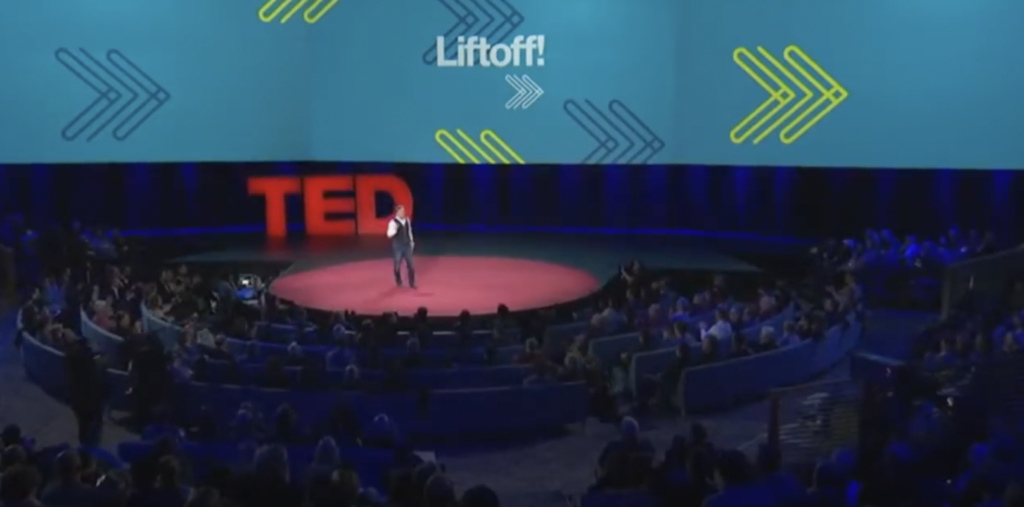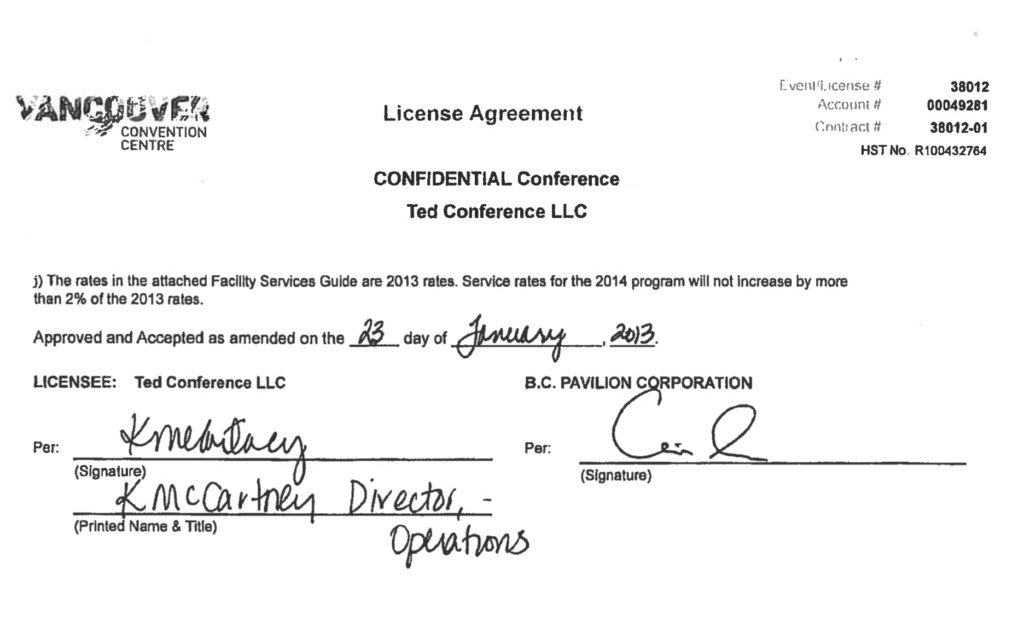Ex-NDP government spin doctor now lobbying for vaccine maker
Bob Mackin
The veteran NDP operative who led the B.C. government’s health communications for almost a year has become a lobbyist for coronavirus vaccine maker AstraZeneca.
Jeffrey Ferrier was executive director of communications for the Ministry of Health from April 2021 to January 2022, one of the deadliest periods in provincial history.
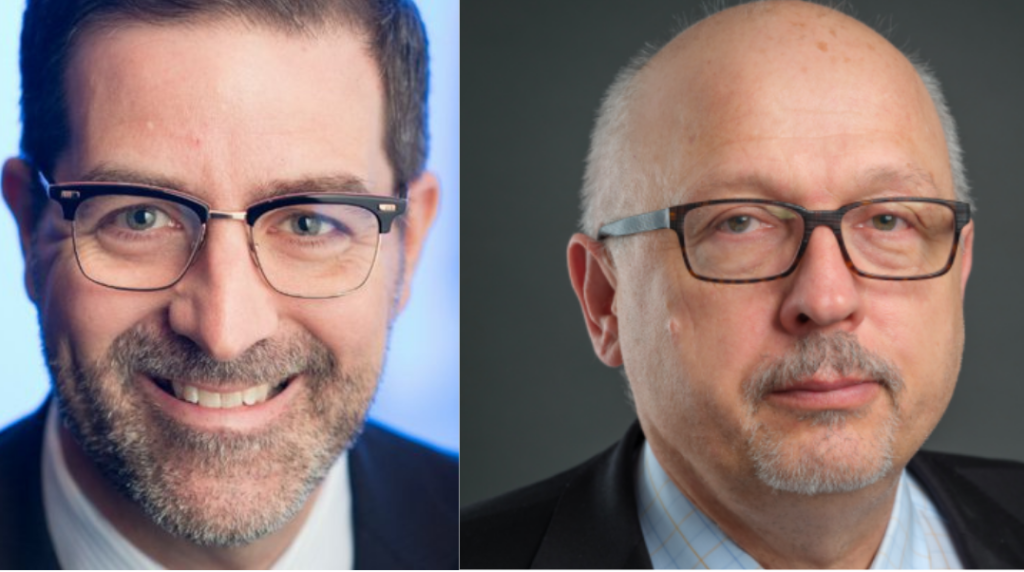
Ex-B.C. NDP health communications director Jeffrey Ferrier (left) and Deputy Minister of government communications Don Zadravec (LinkedIn)
Ferrier’s April 1 registration showed up April 12 on the Office of the Registrar of Lobbyists website. It says he wants to arrange meetings between his U.K.-based client and officials in the Ministry of Health and Ministry of Jobs, Economic Recovery and Innovation “to encourage the B.C. government to recognize the importance of AstraZeneca Canada’s investments in research and development in B.C.’s healthcare bioscience ecosystem, and to providing innovative approaches to management of the health care system.”
Under NDP government amendments to B.C.’s lobbying act, former public office holders are subject to a two-year, post-employment ban on lobbying the government. However, the law does not apply to all public office holders, only those who worked in the following positions: members of cabinet, parliamentary secretaries, deputy ministers, assistant deputy ministers, officers, directors and employees of a Crown corporation, and anyone, other than administrative support staff, formerly employed in a current or former cabinet member’s office.
In Ferrier’s case, he does not qualify as a former public officer under the Lobbyists Transparency Act, because he was officially employed in the Government Communications and Public Engagement department.
AstraZeneca is best-known for its viral vector coronavirus vaccine developed with Oxford University. It briefly became the mainstay in the province’s COVID-19 vaccine arsenal in spring 2021 after Pfizer and Moderna supply delays and even Premier John Horgan rolled up his sleeve for the jab. Then came credible reports of adverse reactions and uptake rapidly declined. AstraZeneca also developed Evusheld to help guard immunocompromised people from the virus and sells a suite of cancer-fighting drugs. In 2020-21, AstraZeneca billed Provincial Health Services Authority, which buys medical supplies for the government, $6.3 million.
Ferrier was director of communications for the Ontario NDP from 2001 to 2008 and spent eight years as a lobbyist with Fleishman Hillard and National Public Relations prior to the government job. His previously lobbying clients included Johnson and Johnson, B.C. Pharmacy Association, Uber Canada, Sobeys Inc., Bombardier, Chevron Canada and TransCanada Pipelines. In February, he joined the Vancouver office of international firm Hill and Knowlton as senior vice president of public affairs and advocacy.
During Ferrier’s time heading government health communications, the NDP was harshly criticized for withholding information about the pandemic — including hospital admissions and rates of local infection and vaccination — and failing to warn the public ahead of the June 2021 “heat dome” that led to the deaths of nearly 600 people.
Ferrier did not respond for comment.
Ferrier was not the first senior Ministry of Health communicator to leave for a lobbying company.
In May 2021, NDP operative Jean-Marc Prevost registered for an AstraZeneca supplier, the Canadian division of Emergent BioSolutions. Prevost was Dr. Bonnie Henry’s scriptwriter and left his job as strategic communications director for the Ministry of Health to join former NDP campaign manager Brad Lavigne’s Counsel Public Affairs as a vice-president for Western Canada.
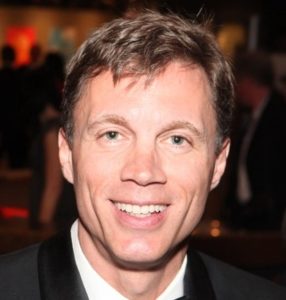
Democracy Watch’s Duff Conacher
Prevost’s registration said the topic of his lobbying was to increase access in B.C. to Emergent’s Narcan nasal spray emergency treatment for opioid overdoses.
At the time, a lobbying watchdog called such a move a conflict of interest.
“It’s always unethical for someone to be leaving government in a significant position and starting to lobby right away, especially if they’re lobbying in the same area that they worked in government,” said Duff Conacher, co-founder of DemocracyWatch. “There should be a cooling-off period for everyone, on a sliding scale, based on your connections in government, your relations in government, the access to information you had.”
At Counsel, Prevost also lobbies for HumanisRx, CareRx Corp., North York Rehabilitation Centre Corp., B.C. Real Estate Association, Insurance Council of B.C., Toyota Canada, and Encorp Pacific.
Support theBreaker.news for as low as $2 a month on Patreon. Find out how. Click here.
Bob Mackin The veteran NDP operative who led






